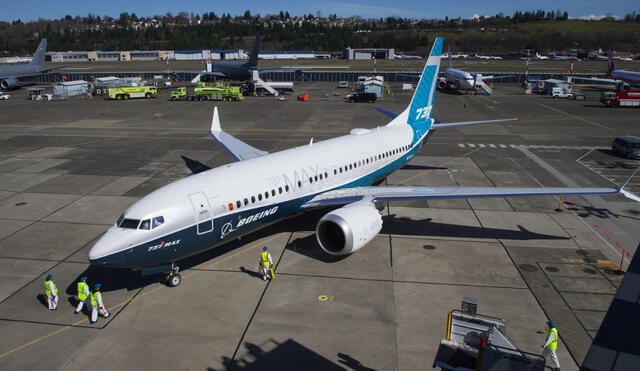China suspends Boeing jet orders amid escalating US trade tensions
As the U.S.-China trade war intensifies, Boeing faces a major setback with halted jet deliveries to China, risking billions in revenue and exposing the fragile balance between global aerospace giants.

China has ordered its airlines to halt deliveries of Boeing aircraft in response to the U.S. imposing 145% tariffs on Chinese goods, escalating trade tensions between the two nations. This directive affects major Chinese carriers like Air China, China Eastern, and China Southern, which had planned to receive numerous Boeing planes between 2025 and 2027.
Boeing feels the heat as U.S.-China trade war escalates
The suspension of Boeing deliveries is a significant setback for the aerospace company, which has delivered 18 aircraft to nine Chinese airlines so far this year. China represents a crucial market for Boeing, accounting for a substantial portion of its projected deliveries over the next two decades.
In retaliation, the U.S. imposed 145% tariffs on Chinese goods, while China raised tariffs on U.S. imports to 125% and halted exports of critical rare earth minerals essential for various industries, including aerospace. These measures have intensified the trade conflict, impacting global supply chains and economic relations.
Boeing shares drop as trade tensions expose U.S.-China economic interdependence
Boeing's stock responded negatively to the news, falling by approximately 3.2% in early trading. The company faces challenges in redirecting the affected aircraft to other markets, given the complexities and costs involved.
The ongoing trade dispute underscores the interdependence of the U.S. and Chinese economies, particularly in high-tech sectors like aerospace. While China seeks to bolster its domestic aircraft manufacturing capabilities, it still relies on American-made components, highlighting the complexities of decoupling in such industries












